Tehran, 4 Rabi’ul Akhir 1436/25 January 2015 (MINA) – In Iran, Saudi Arabia’s longtime rival for influence in the Middle East, there is little expectation that King Abdullah’s death will alter the deep enmity that has helped fuel hostilities and proxy battles throughout the region, including in Syria, Lebanon, Iraq, Yemen and Bahrain.
“In the near future, there will not be any letup between the two adversaries,” said Nader Karimi Juni, a political analyst in Tehran. “Iran and Saudi Arabia will never be friends. Each country has a hostile ideology toward the other.”
President Hassan Rouhani and others offered their official condolences, but not much more was said publicly. Abdullah died Friday at age 90, Gulfnews quoted by Mi’raj Islamic News Agency (MINA) as reporting.
The ill will between Saudi Arabia and Iran predates Iran’s 1979 Islamic Revolution. But many in Iran recall bitterly how Saudi Arabia backed former Iraqi strongman Saddam Hussain during the 1980-88 Iran-Iraq war that left hundreds of thousands dead.
Also Read: Syria, Jordan Condemn Netanyahu’s Visit to Occupied Syrian Buffer Zone
In recent years, Iran has more than held its own in its regional rivalry with Saudi Arabia, despite Riyadh’s oil riches and its close ties to the United States. That has clearly frustrated Saudi officials and their allies in Washington. Saudi Arabia, views with alarm the prospect of US-Iranian political rapprochement, should world powers finally reach an accord on Tehran’s nuclear programme.
The collapse this week of the Saudi-backed government in Yemen — and the rise there of Al Houthi militants, regarded by Riyadh as an Iranian proxy — was a blow to the late king’s regional strategy. Saudi Arabia now faces the disquieting prospect of an Iranian ally governing along its southern border. But that was just the latest regional setback for the monarchy.
The US-led invasion of Iraq in 2003, which toppled Hussain, led to an upsurge in sectarian tension throughout the region. The US invasion also had the unintended consequence of flipping Iraq toward Iran. Iraq’s Shiite majority gained power in Baghdad. Riyadh fumed and funneled support to Iraq’s disgruntled Sunni minority.
In Syria, Iran has backed the government of President Bashar Al Assad, while Riyadh has funneled funds and weapons to the opposition. Three years ago, it looked like Al Assad’s government was on the brink of collapse. No more. With the help of Iran and Hezbollah, Iran’s Lebanese ally, Al Assad has held out and pushed back Saudi and US-backed rebels.
Also Read: UNIFIL Reports Over 7,300 Israeli Violations of Lebanese Airspace Since Ceasefire
In Lebanon, where Hezbollah has carved out a dominant position against its Saudi-backed Sunni rivals, power-jockeying between the two camps has contributed to a virtual government paralysis. No one expects it to end anytime soon. Tiny Lebanon is one more country where Saudi Arabia and Iran engage in their complex geo-political board game.(T/P009/P3)
Mi’raj Islamic News Agency (MINA)
Also Read: Russia Condemns UN Gaza Resolution, Says It Contradicts Palestinian Statehood








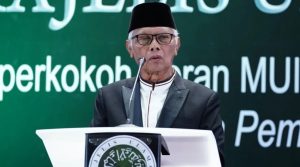

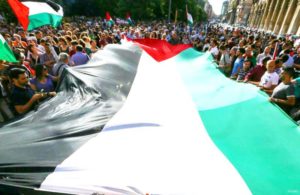


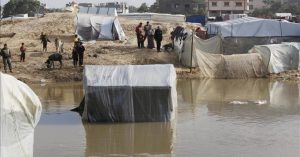
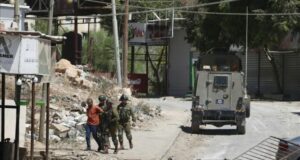
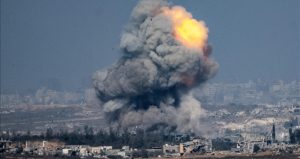
![Israeli tanks and APC’s gather by the Israeli – Lebanese border. Amid Israel’s escalating campaign against Hezbollah in Lebanon on September 30, 2024. [Erik Marmor/Getty Images]](https://en.minanews.net/wp-content/uploads/2024/10/IMG_20241001_203226-300x197.jpg)
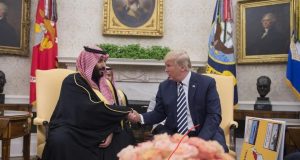
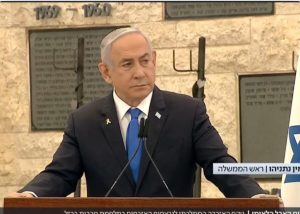


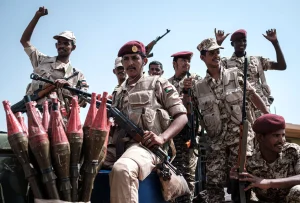












 Mina Indonesia
Mina Indonesia Mina Arabic
Mina Arabic